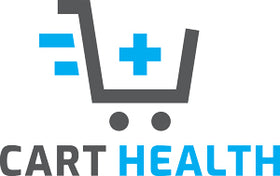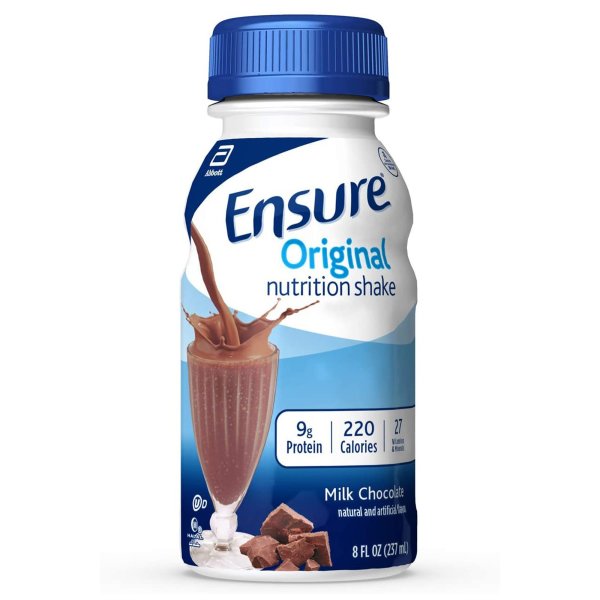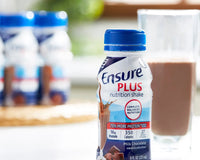Embarking on a journey to improve your diet requires not just determination, but also the right strategy. With an array of nutritional tools for planning meals, it’s easier than ever to tailor your food intake to meet specific dietary goals. Whether you're a busy professional trying to fit healthy eating into a hectic schedule, a parent aiming to prepare balanced meals for the family, or someone with specific nutritional needs, these tools can provide the support you need. They simplify the process of organizing your meals, tracking your nutrient intake, and making informed food choices. By leveraging technology and expert insights, you can elevate your meal planning from a mundane task to an engaging part of your health regimen.
At Cart Health, we understand the importance of having access to the best resources for your health journey. That's why we invite you to Order online here for convenient shopping and doorstep delivery of the latest nutritional tools. Join us and discover how we can help you take control of your diet with ease and confidence.
As you continue reading, you'll learn about the different types of meal planning tools available, from apps that help you track your calories and nutrients to services that deliver personalized meal plans right to your inbox. Find out how these tools can fit seamlessly into your lifestyle, providing not just meal suggestions but also grocery lists, recipe databases, and nutrition calculators. It's time to harness the power of technology to make healthy eating a hassle-free part of your daily routine.
Essential Features of Nutritional Planning Tools

When selecting the perfect nutritional tools for planning meals, it's crucial to look for features that will support and streamline your meal planning process. An essential component of these tools is a comprehensive food database, complete with nutritional values that allow for precise tracking of caloric intake and macronutrient distribution. This database should be expansive and regularly updated to include a wide variety of foods, from whole ingredients to popular packaged goods.
Another key feature is the ability to customize meal plans according to dietary restrictions, allergies, or specific health goals, such as weight loss, muscle gain, or managing chronic conditions like diabetes. This personalization ensures that the meal plans cater to individual needs and preferences, making it simpler to stick to a diet that works for you.
Moreover, a robust nutritional planning tool should include intuitive meal planning calendars and scheduling capabilities. These allow users to organize their meals ahead of time and adapt to changing schedules, ensuring consistency and reducing the likelihood of impromptu, less healthy food choices.
Integration with grocery list generation and shopping assistance is also a standout feature, saving time and effort during food shopping. Some tools even offer direct links to online retailers, making it possible to seamlessly purchase ingredients needed for the upcoming meals.
Lastly, look for tools that provide tracking and reporting functions. These features can help monitor progress by offering insights into nutritional intake over time, making it easier to adjust meal plans for better results. By utilizing tools with these essential features, individuals can ensure a more efficient and effective approach to meal planning and nutrition management.
Top Rated Apps for Daily Meal Planning

With a myriad of options available, choosing the top-rated apps for daily meal planning can be a daunting task. However, several standout applications have emerged as front-runners in the industry, favored for their user-friendly interfaces and comprehensive features. MyFitnessPal is an industry staple, commended for its extensive food database and robust tracking capabilities that allow users to log meals and exercise with ease.
Yummly is another popular choice, especially for those who love to cook. It offers personalized recipe recommendations and the ability to create custom meal plans. Its integrated shopping list feature makes it straightforward to organize ingredients for the week ahead. Meanwhile, PlateJoy takes personalization a step further by providing meal plans based on individual preferences, health goals, and time constraints, complete with tailored shopping lists.
For those looking for a dietitian-designed approach, Eat This Much automatically generates meal plans based on your nutritional targets, food preferences, and budget. Its 'leftovers' feature ensures minimal waste by incorporating previous meals' ingredients into new plans.
Lastly, Paprika is the go-to app for home chefs who prefer to curate their meal plans. It allows users to save recipes from anywhere online, scale ingredients, and plan meals on a calendar. Additionally, Paprika's offline functionality means users can access their plans and recipes without an internet connection. These top-rated apps cater to a variety of meal planning needs and preferences, making daily nutrition management accessible and enjoyable.
Online Nutritional Databases and Resources
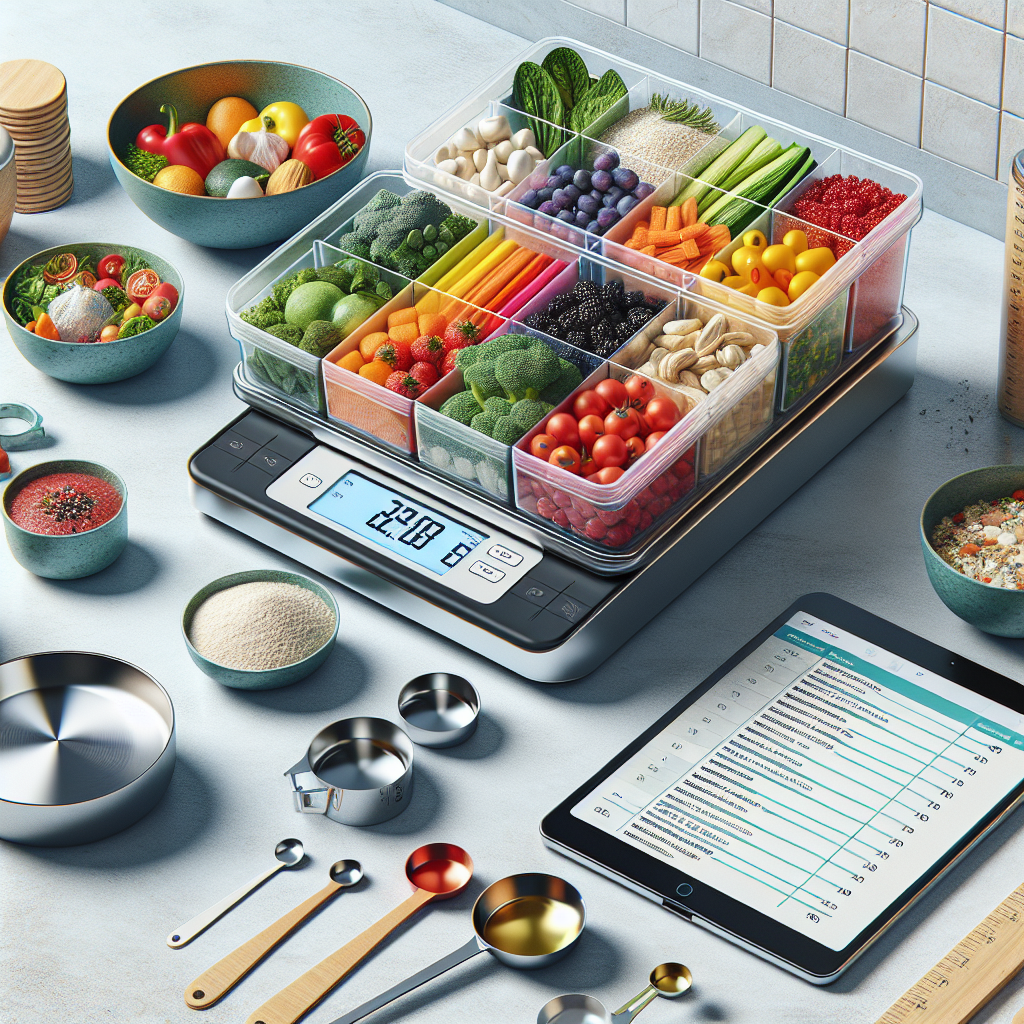
For those seeking to delve deeper into the nutritional content of their meals, online nutritional databases and resources provide an invaluable trove of information. Websites like the USDA's FoodData Central offer comprehensive data on a vast array of foods, including fresh produce, packaged goods, and restaurant items. Users can find detailed breakdowns of macronutrients, vitamins, minerals, and more, which can be instrumental in creating a balanced diet.
Another profound resource is MyPlate, which stems from the U.S. Department of Agriculture's dietary guidelines. It presents a visual tool for understanding portion sizes and the importance of incorporating different food groups into each meal. This resource also includes tips and recipes to help individuals make healthier food choices.
For those interested in plant-based diets, the Vegetarian Resource Group provides a wealth of information on vegetarian and vegan nutrition, ensuring that users get adequate protein, iron, and other essential nutrients. Similarly, the Academy of Nutrition and Dietetics offers resources for a broad spectrum of dietary needs, including for those with food allergies, diabetes, and heart conditions.
Complementing these are mobile apps like Fooducate, which allows users to scan barcodes for nutritional information and provides health grades for food products. This empowers consumers to make informed choices at the supermarket. The wealth of data available through online nutritional databases and resources is vast, enabling individuals to tailor their meal planning to their specific health requirements and goals.
Personalized Meal Planning Software for Health Conditions
Individuals managing specific health conditions can find solace in personalized meal planning software designed to cater to their unique dietary needs. These innovative tools often come with customization options to adjust for allergies, intolerances, and medical recommendations, ensuring that each meal plan not only supports their health goals but also aligns with their doctor's advice.
For example, software like PlateJoy creates personalized meal plans based on a detailed quiz that accounts for users' dietary preferences, health goals, and time constraints. It can tailor plans for conditions such as diabetes, high cholesterol, and hypertension, among others. Similarly, Eat This Much automatically generates meal plans based on individual calorie needs, macro goals, and specific diets like keto, paleo, or vegetarian.
Moreover, those with diabetes might turn to platforms like MySugr, which specializes in meal planning for glycemic control, integrating blood sugar tracking and insulin recommendations. Glucoracle is another app that predicts blood sugar responses to different meals, helping users to adjust their diet for optimal glucose management.
For cardiac patients, services like Heart Healthy Meal Planner offer menus designed to promote cardiovascular health, focusing on low-sodium and low-fat recipes that are delicious and easy to prepare. By utilizing these sophisticated meal planning tools, individuals with specific health conditions can navigate their nutritional needs with confidence, ensuring that their meals are both health-supportive and enjoyable.
Integrating Nutritional Tools with Lifestyle Goals
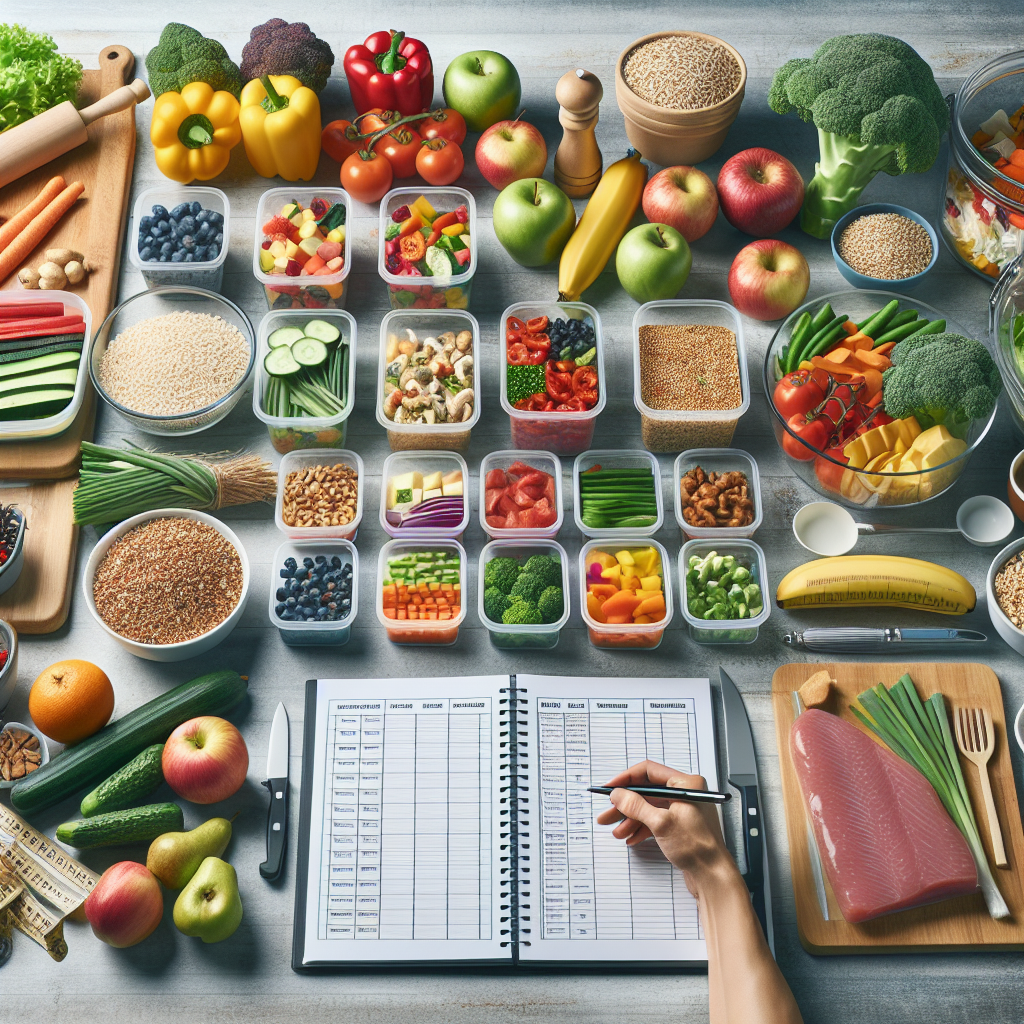
Order online here for convenient shopping and doorstep delivery! Achieving lifestyle goals often requires more than just willpower; it requires a strategic approach to integrating nutritional tools into everyday life. Whether the aim is weight loss, muscle gain, or maintaining a balanced diet, the right tools can make these objectives more attainable. Apps like MyFitnessPal and SparkPeople offer extensive food databases and community support to help track daily food intake and exercise, making it easier to see progress and stay motivated.
Meal kit delivery services such as Blue Apron or Green Chef can also align with lifestyle goals, offering portion-controlled and diet-specific recipes that save time and reduce the temptation to indulge in unhealthy options. For those looking to enhance their culinary skills while eating healthily, these services can be a game-changer.
Furthermore, integrating wearable technology like Fitbit or Apple Watch with meal planning apps can provide comprehensive health tracking. These devices monitor physical activity and can sync with nutritional apps to adjust meal plans based on the intensity of daily workouts, ensuring that nutritional intake supports fitness activities.
In conclusion, a holistic approach that combines the convenience of nutritional tools for planning meals with personal lifestyle goals can lead to more sustainable health habits. By leveraging technology to tailor meal planning to individual needs, users can enjoy a diet that fits seamlessly into their life, supporting their health objectives with every bite. And with Cart Health, accessing these tools is just a click away, with a promise of convenient shopping and prompt doorstep delivery to support your health journey every step of the way.
